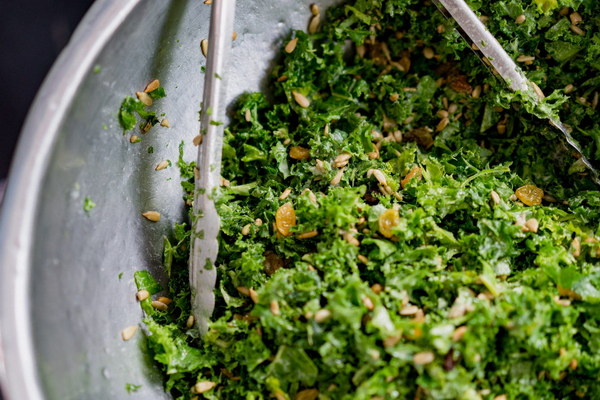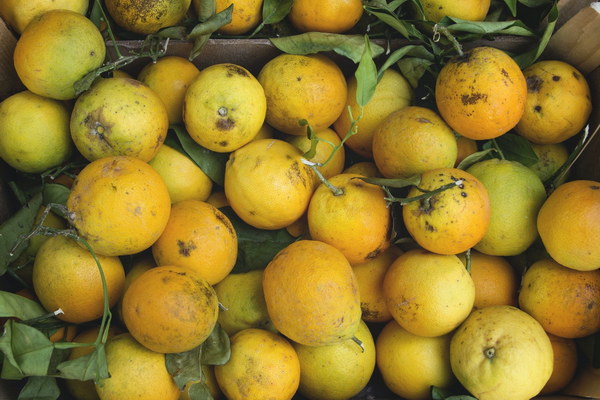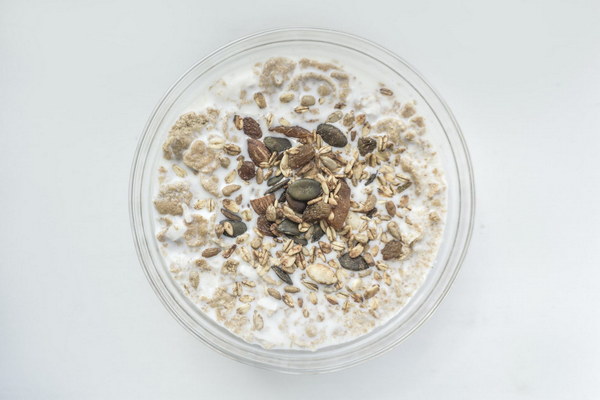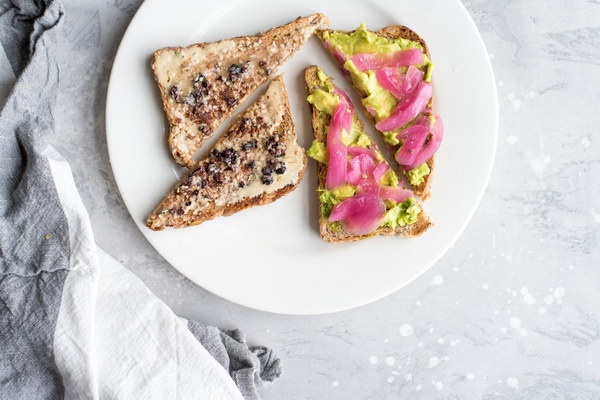The Misconception Behind Shugan Wan Why This Pill May Not Be the LiverNourishing Solution Its Portrayed As
In the realm of traditional Chinese medicine, Shugan Wan, or Liver Relieving Pill, has long been heralded as a remedy for liver-related ailments. However, there is a growing body of evidence suggesting that this popular herbal formula may not be as liver-nourishing as it is often claimed. This article delves into the reasons why Shugan Wan might not be the panacea for liver health it is often thought to be.
Firstly, it is important to understand the primary ingredients of Shugan Wan and their supposed effects on the liver. The formula typically includes herbs such as Scutellaria baicalensis (baical skullcap), Bupleurum chinense (Chinese thoroughwort), and Paeonia lactiflora (white peony root). These ingredients are believed to have cooling and soothing properties, which are thought to help alleviate liver heat and stress.
While these herbs do have a history of use in traditional Chinese medicine, the scientific evidence supporting their efficacy in treating liver conditions is limited. Many of the claims made about Shugan Wan are based on traditional practices rather than rigorous clinical trials. This lack of scientific validation raises questions about the effectiveness of the pill in promoting liver health.

One of the key reasons why Shugan Wan may not be as beneficial as advertised is its focus on symptom relief rather than root cause treatment. The formula is designed to address the symptoms of liver disharmony, such as irritability, fatigue, and bloating, rather than addressing the underlying causes of these symptoms. This means that while Shugan Wan may provide temporary relief, it may not address the root issues that contribute to liver dysfunction.
Moreover, the concept of liver heat in traditional Chinese medicine is a theoretical construct, not a recognized medical condition in Western medicine. While it is true that many liver-related conditions, such as hepatitis, can present with symptoms that might be associated with heat, the idea that the liver can be heated and needs to be cooled is not supported by modern medical understanding. Therefore, the active ingredients in Shugan Wan may not target the actual physiological processes that lead to liver dysfunction.
Another concern is the potential for adverse interactions with other medications. Shugan Wan contains a mixture of herbs, and when combined with other medications, there is a risk of drug-herb interactions that could be harmful. Since the liver is responsible for metabolizing many drugs, introducing an herbal formula that may affect liver function could exacerbate existing health issues or interfere with the effectiveness of other treatments.
Furthermore, the quality and purity of herbal products can vary significantly. Shugan Wan is an herbal product, and like all herbal supplements, its efficacy depends on the quality of the raw materials used and the manufacturing process. There have been instances where impurities or contaminants in herbal supplements have led to adverse health outcomes, casting doubt on the reliability of Shugan Wan as a liver-nourishing agent.
In conclusion, while Shugan Wan has been a staple in traditional Chinese medicine for years, its effectiveness as a liver-nourishing pill is questionable. The lack of scientific evidence supporting its efficacy, its focus on symptom relief rather than root cause treatment, and the potential for adverse interactions with other medications all contribute to the misconception that Shugan Wan is a liver-nourishing solution. It is essential for individuals seeking to improve their liver health to consult with healthcare professionals who can provide evidence-based advice and treatment options tailored to their specific needs.









